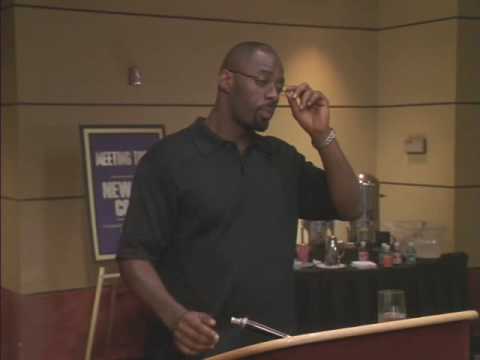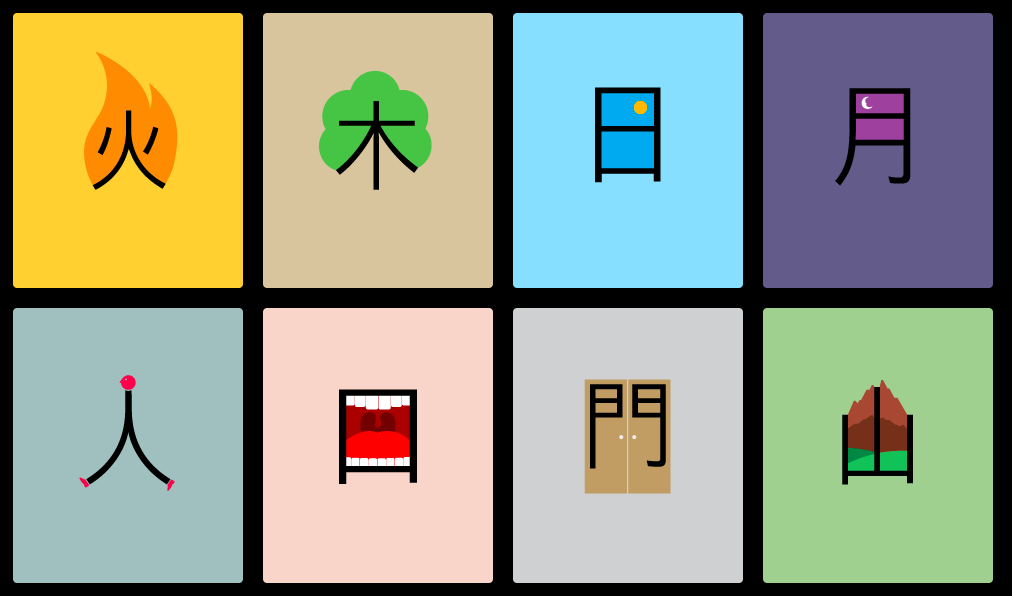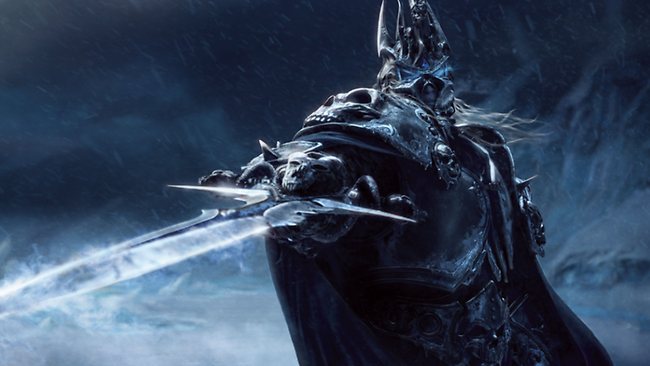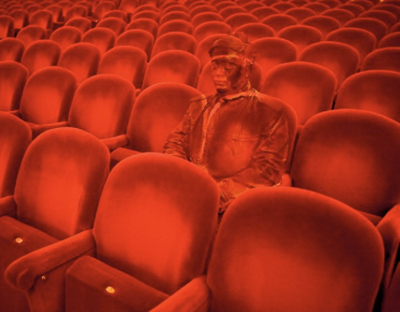“When historians look back to the moment when the post-Cold War reign of American power ended, they may well settle on 2010 as a crucial year. Everywhere, it seemed, there were signs that the long-predicted “rise of the rest” had finally occurred, whether in the newfound assertiveness of fast-growing China or the impatient diplomacy of new powers like Brazil and Turkey. Foreign Policy’s second annual list of the Top 100 Global Thinkers fully reflects that new world.“
As above, Foreign Policy has picked its Top 100 Global Thinkers of the year. And, while there are some really atrocious choices on here (for example, the man at #33, who much more deservingly made the list in the next entry too), the article is worth a perusing regardless. (FWIW, #65, #68, and #80 seem really iffy to me as well.)






